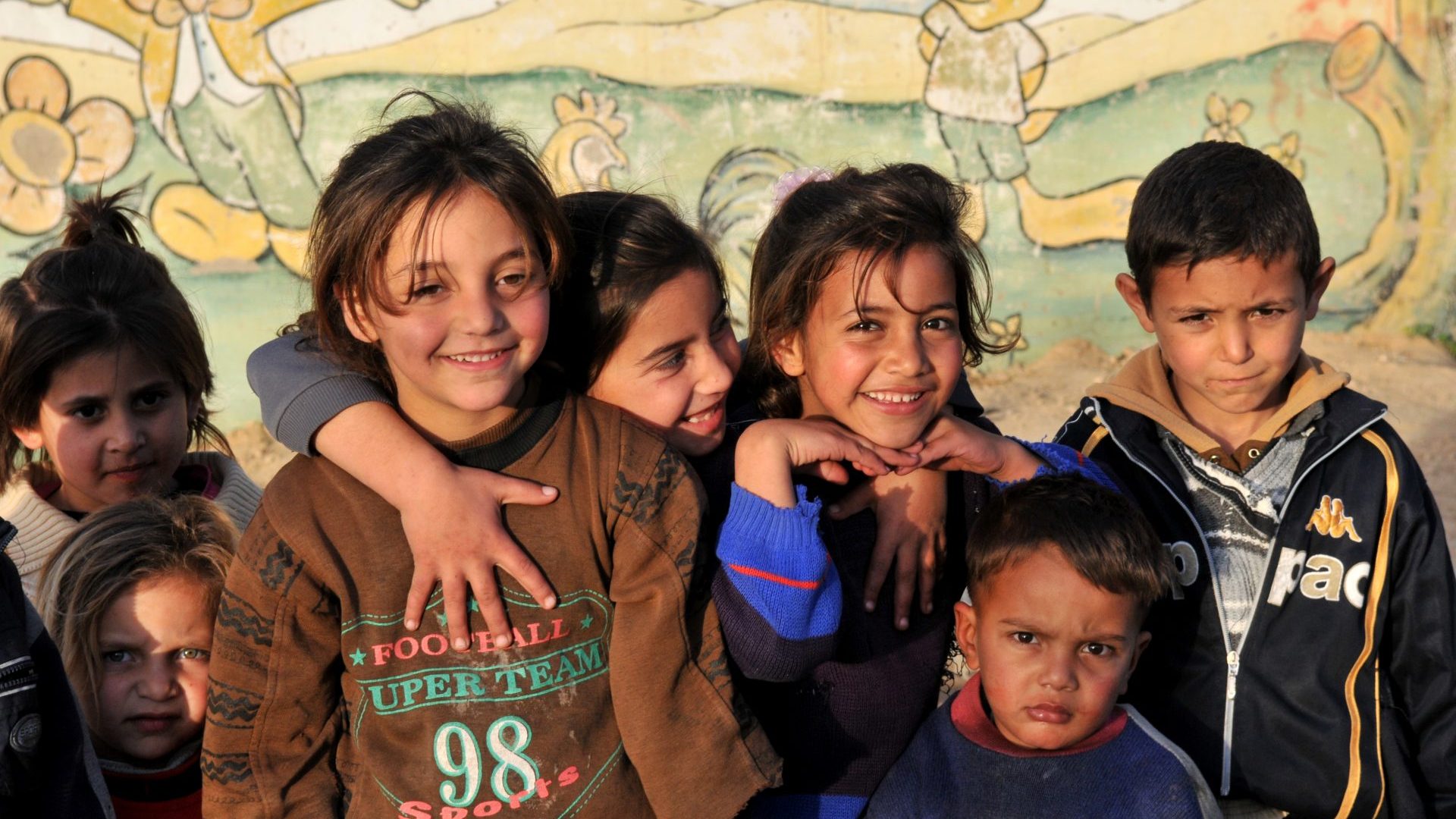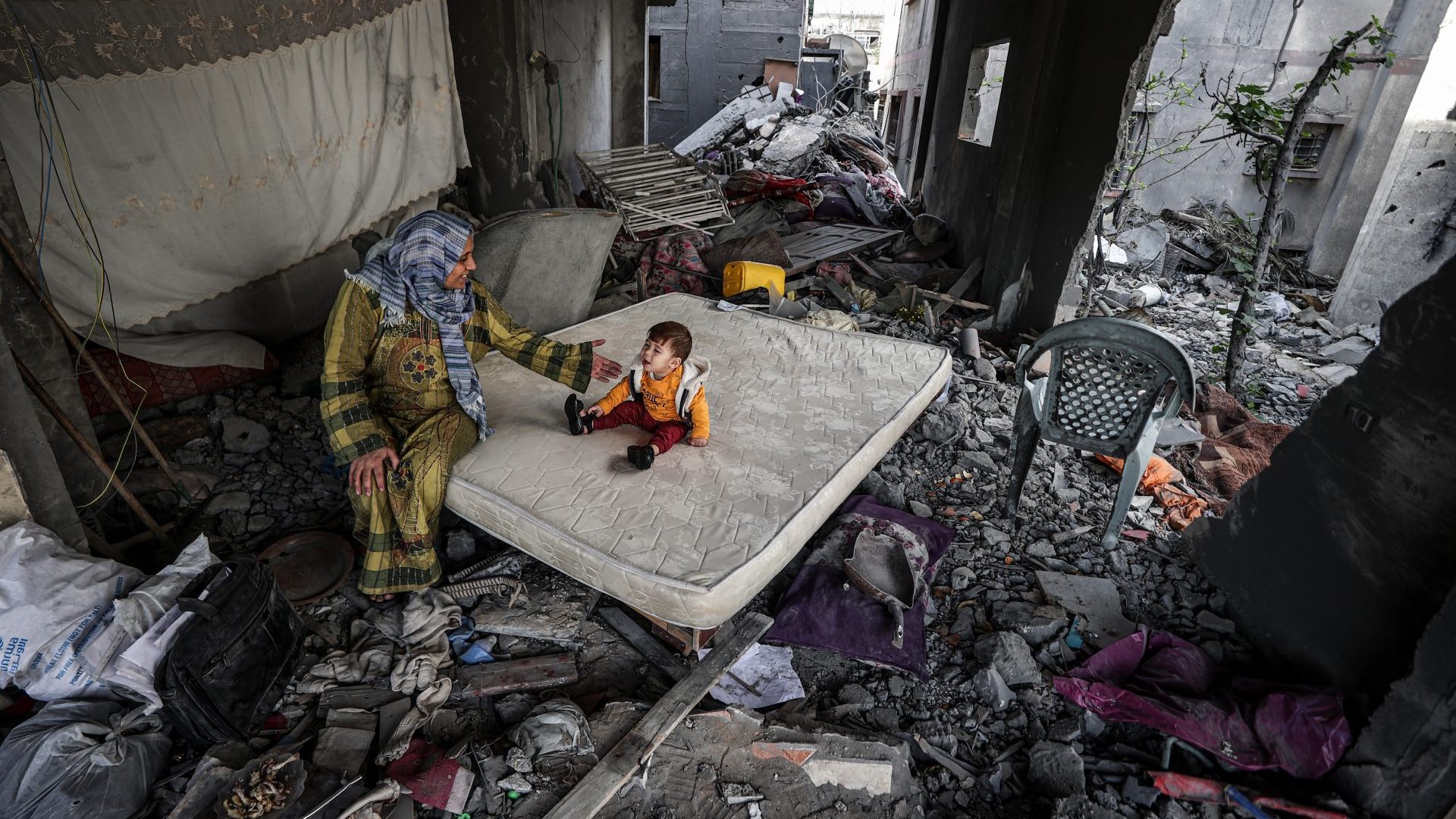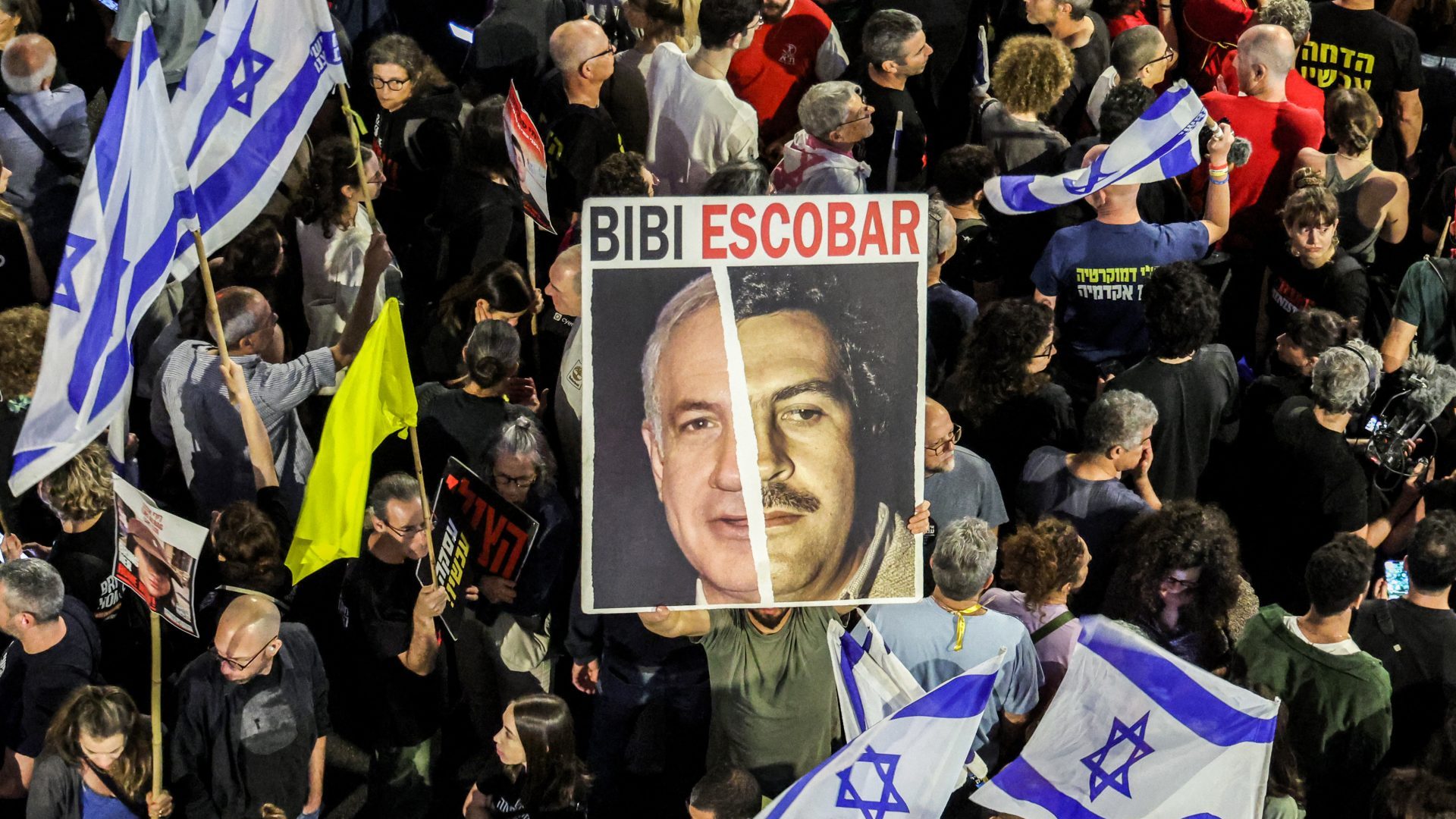After Nuremberg, after the Khmer Rouge, after Rwanda and Srebrenica and Darfur and Sinjar, the world kept saying “never again”. Yet, in Gaza, in 2024, we are facing the burning of books and bodies.
How should we, in homes of safety, respond to genocide and to the complicity of our own governments? There are no easy answers. Futility stares us down on every side. Nevertheless, showing solidarity with victims and survivors is one response, and can take many forms.
Solidarity prompted us – Mahmoud Muna, bookseller and cultural activist in Jerusalem, and Matthew Teller, UK-based journalist and author – to propose a book. Saqi, an independent publisher in west London, said yes, and three months later we gave them 80,000 words. At a time when Palestinian people everywhere are in trauma and experiencing unspeakable anguish and loss, we found that Gazans – even those surviving starvation and bombardment inside Gaza – were not only willing to talk, but often desperate to do so.
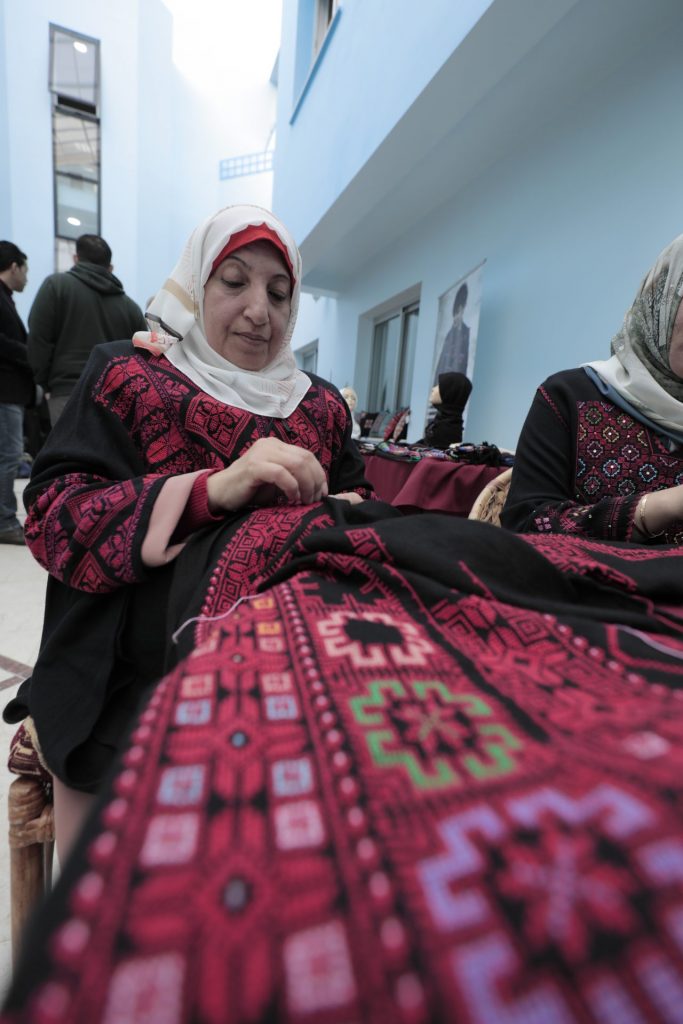
Stories poured out. In an unimaginable context of death and wholesale destruction, Gazans wanted urgently to be heard, to record and preserve whatever once counted as normal and valuable and meaningful.
Daybreak in Gaza gathers together almost a hundred accounts of Gazan lives and stories from before and during Israel’s ongoing assault. It is an attempt to amplify marginalised voices and illuminate hidden histories to evoke the spirit of a place under attack through the lives of its people.
We contacted hundreds of people: not just Gaza’s poets and writers, but also its doctors and shopkeepers, its farmers and office workers. Many were keeping war diaries already, unpublished or posted piecemeal on social media. Others spoke to us at length, or recorded voice messages for us to transcribe.
Together, they paint a picture that eviscerates media stereotypes of Gaza as a valueless slum. The six pieces reproduced here, three by women, three by men – a student, a teacher, a medic, a social worker – offer glimpses of Palestinian humanity as the horror grew, from its first minutes into subsequent months.
They are Gaza.
October 7, 2023, 06:54
Hiba Abu Nada
We go to sleep thinking about very ordinary things, a university exam, buying a new piece of clothing, worrying about applying for a job – then suddenly the sound of the alarm changes things, exams are cancelled, schools and universities are shut down, gunpowder blasts everywhere, Al Jazeera turns red, we turn on the radio, Telegram, in our minds we start to reschedule all our plans. In Gaza, everything changes in an instant.
October 13, 2023
Ahmed Mortaja
Hello. Ahmed from Gaza here.
I’m worried that my name might become breaking news.
Like when they say: “So-and-so number of bodies have been recovered during a violent bombardment of different areas.” Then I’ll become a plain number, added to the counter which has not stopped counting to this moment. I wouldn’t like it for my name and my family’s name to become numbers, odd or even.
I have many dreams – to travel to a wider world, outside Gaza, so I can truly believe the scenes, images and experiences that I see online.
I am talking to you even though I don’t have any information about what’s happening outside. Outside my home, I mean – the one we returned to after our neighbourhood was bombed a few days ago. There is no means of communication with anyone. The sound of bombardment hasn’t stopped, and neither have the flares illuminating the area, warning of who knows what.
I am Ahmed. My friends call me Asem or Asoumi. I don’t have much news about my friends. I check on them through short videos, whenever I get the chance to be online. I check all the faces to make sure that my friends are not among them – but at the same time I realise that all those in the pictures and videos are in fact my friends… I end up crying.
I am Ahmed, and I’ve hated Arabic and grammar classes since I was little. I hate questions about finding the difference between two things. I hate answers, and I love questions. A question two days ago made me stop and think: what’s the difference between escalation and war? I wondered why it matters if the result is the same: a mother crying and a screaming child (if there is a chance to cry and scream).
I am Ahmed, and I am afraid that I will die and become a number, and that everything will be gone before I complete what I have to write.
December 27, 2023
Asmaa Mustafa
I have loved reading since I was a child, especially novels and detective fiction. In Year 9, I remember, I bought 25 books and stood them up nicely on a shelf in my small bedroom. I would save my pocket money to buy the books I loved.
The following year, my tastes developed, and I bought twice as many books, sometimes reading the same one twice over. My collection grew and the number of bookshelves increased. By the time I completed my university studies, I owned a small library.
Eventually I could call it a proper library. It held many types of books, from short stories, poetry collections and literary novels in Arabic and English, to books given to me by writer friends, scholarly works of learning and religious, scientific and historical volumes that I loved and that loved me. Cookbooks and studies of etiquette had pride of place in my library.
Then I was forced to leave them behind and move to the south of Gaza.
For the people in the north, where I lived with my family, the suffering grew intense. Eventually, they had no choice but to use the pages of books to light fires in order to cook whatever scraps of food they could gather for their children.
I didn’t feel sorry for the books. Books are cheap when set against the resilience of our people in the north, who are patient and grateful to God amid great suffering. We wish we could offer them help, but we are powerless in the face of their sacrifices, and tortured by the impossibility of reaching them with medicine, food or water to sustain life.
Books used to ignite our thoughts. Now books feed our children.
February 18, 2024
Hossam al-Madhoun
“See yourself for a shekel!” A boy in the market is holding a tiny piece of mirror, encouraging people to look at their faces for one shekel (about 20p).
He is making a living by offering a very rare service. I have not seen my face since I arrived in Rafah, many weeks ago. You can’t buy mirrors any more. Anyway, a mirror is something you forget about in this situation. How you look doesn’t matter.
I ask him: “Do you make money this way?”
He tells me he does. “Lots of people want to see themselves,” he says. “I make 30 shekels a day, or more. But you see him?” The boy points to a man down the street, walking away from us.
“He looked at his face, but gave the mirror back to me without paying. I’m not stopping him, though. He had a cut from his face all the way down to his chest, a long, horrible cut, not healed well at all. I think it was from shrapnel. He looked at his big, ugly scar and when he gave me back the mirror I saw he was crying, so I let him go.”
I took the boy’s mirror and looked at my face. It’s got very skinny. I have no mirror for shaving, so the stubble on my chin is all uneven, some bits longer than other bits. I’m a mess. I did not cry. I gave the child two shekels and continued walking.
March 4, 2024
Mohammed Aghaalkurdi
It’s kite-running season and children in Gaza are determined not to miss out, despite the suffering, insecurity and hunger they have had to endure. Colourful kites made of thin paper by delicate hands compete with heavy warplanes guided by monsters – yet sometimes the kites outnumber the machines in the sky and win. The message the children send can be very powerful, particularly when they choose the colours of the Palestinian flag – and flying a kite is in itself an act of resistance, breaking the air siege and reclaiming the Palestinian skies, succeeding where politicians and militants have failed.
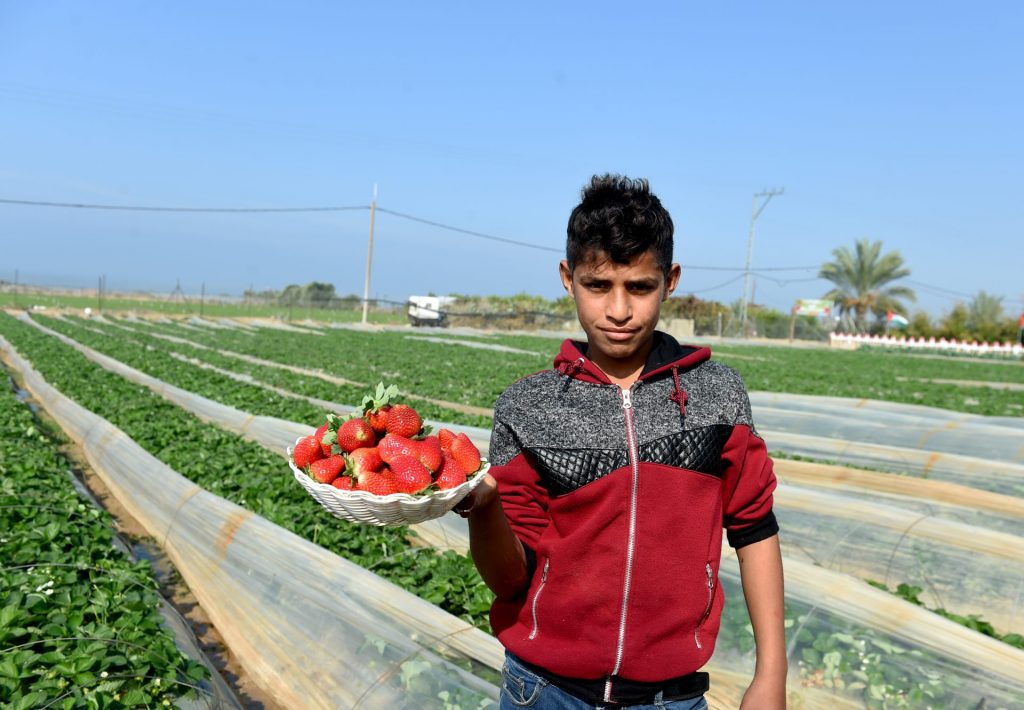
After troops withdrew from the blocks behind where I shelter, a friend went to check on his home. But he found a group of thieves armed with knives occupying the building. They drove him away.
Sadly, this is not the first time I hear such a story. Robbery has become common and people have been attacked while trying to intervene or reclaim their property. This offensive has exposed the worst in people: hunger has pushed them to steal aid from trucks and sell it at inflated prices in the market. Now they justify horrible actions and violence in the name of need.
May 11, 2024
Saba Timraz
If you’d visited us in Gaza before October 7, you would have seen the whole of life: sea, sky, free birds, workers, students, children playing and everything that matters – family, memories, love. Since then, social media has been full of the events of the war and the systematic genocide that has left no person, no tree, no stone untouched.
A soldier from the obscene occupation army decides to wipe an entire family from history. Another piloting a warplane bombs them. Their house collapses in seconds. Body parts fly into neighbouring homes. Imagine a child, no more than seven years old, carrying pieces of meat in his school bag that were once the body of his brother, with whom he shared his day, his life, his memories, his happiness, his home.
And now there is no home, no family and no brother. Gaza’s two million displaced people are grief-stricken and heartbroken by the horror of what they have seen. We wait for the war to end, so we can wait again for whatever will happen next. We move from the unknown to the unknown, from pain to more pain, while the world watches, untroubled, offering only disapproving words.
Has life become this cheap? Where are human rights? Where is the United Nations? The Gaza war has exposed the lies and hypocrisy of the countries that drafted human rights legislation and international humanitarian law. They claim to be democratic yet are rotten with double standards.
Thank God I left Gaza after 184 days of this brutal war. I left Gaza, but it did not leave me. Rather, my attachment to it and my love for it grew. And still, we wait for the unknown, while Gaza continues counting the days.
We now live in Egypt without residency, with no idea what the future holds. There are countless hurdles. I need to enrol at a university here to complete my studies.
My sister, who was in Year 11 in Gaza, needs to restart school. It is not easy to lose everything and start your life again in another country. I am a displaced refugee. My heart is broken. I am dead, but trapped in life.
Has our life become a game, controlled by America and the occupier? They kill, destroy and do whatever they can to harm us, and then tell the world that they are the victims, and we are the monsters. We are an occupied people and have been since 1917. Our lands were stolen, our honour was violated, and the building blocks of our lives were destroyed. We want to be liberated and to live in freedom and dignity. We will not surrender our rights, no matter how long it takes.
Daybreak in Gaza: Stories of Palestinian Lives and Culture, edited by Mahmoud Muna and Matthew Teller, is published on October 3 (Saqi Books, £14.99). Profits support the charity Medical Aid for Palestinians.

